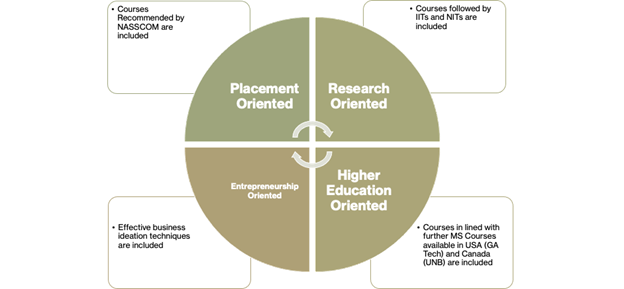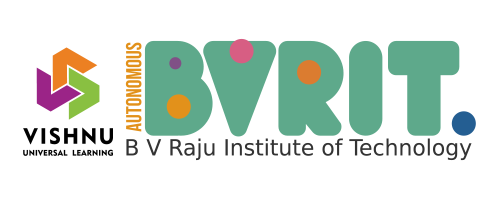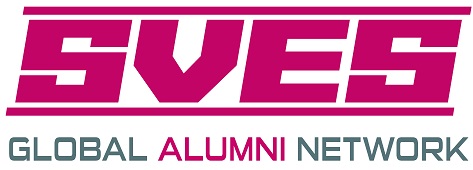Vision
To promote higher employability, innovative research and entrepreneurial thinking through effective teaching and learning processes to develop emerging technology solutions for the benefits of industry and society.
Mission
M1. Giving high-quality, value-based technical education and turning out technology professionals who can think creatively and lead with inspiration.
M2. Using rational thought to design and create cutting-edge products by working with industry stakeholders to meet global standards and demands.
M3. Improving the core skills in the areas of Artificial Intelligence (AI) and Data Science.
Through strong fundamentals and lifelong learning, graduates will be able to adapt to new technologies as they come out.

Programme Educational Objectives (PEOS)
PEO1: Build the next generation of highly skilled graduates equipped with a strong knowledge in Artificial intelligence (AI) and Data Science (DS) for creating innovative solutions to society’s pressing challenges.
PEO2: Create engineers in addressing a wide variety of challenges in managing and analysing different nature of data and able to use and develop software systems in complex data intensive and AI related applications.
PEO3: Demonstrate professionalism in graduates and reflect on personal performance and self-management processes as a means of continued professional development and lifelong learning in areas of emerging technologies.
Program Outcomes (POs)
PO1: Engineering knowledge: Apply the knowledge of mathematics, science, engineering fundamentals, and Artificial Intelligence and Data Science basics to the solution of complex engineering problems.
PO2: Problem analysis: Identify, formulate, review research literature, and analyze complex engineering problems reaching substantiated conclusions using first principles of mathematics, natural sciences, and engineering sciences.
PO3: Design/development of solutions: Design solutions for complex engineering problems and design system components or processes that meet the specified needs with appropriate consideration for the public health and safety, and the cultural, societal, and environmental considerations.
PO4: Conduct investigations of complex problems: Use research-based knowledge and research methods including design of experiments, analysis and interpretation of data, and synthesis of the information to provide valid conclusions.
PO5: Modern tool usage: Create, select, and apply appropriate techniques, resources, and modern engineering and IT tools including prediction and modelling to complex engineering activities with an understanding of the limitations.
PO6: The engineer and society: Apply reasoning informed by the contextual knowledge to assess societal, health, safety, legal and cultural issues and the consequent responsibilities relevant to the professional engineering practice.
PO7: Environment and sustainability: Understand the impact of the professional engineering solutions in societal and environmental contexts, and demonstrate the knowledge of, and need for sustainable development.
PO8: Ethics: Apply ethical principles and commit to professional ethics and responsibilities and norms of the engineering practice.
PO9: Individual and team work: Function effectively as an individual, and as a member or leader in diverse teams, and in multidisciplinary settings.
PO10: Communication: Communicate effectively on complex engineering activities with the engineering community and with society at large, such as, being able to comprehend and write effective reports and design documentation, make effective presentations, and give and receive clear instructions.
PO11: Project management and finance: Demonstrate knowledge and understanding of the engineering and management principles and apply these to one‘s own work, as a member and leader in a team, to manage projects and in multidisciplinary environments.
PO12: Life-long learning: Recognize the need for, and have the preparation and ability to engage in independent and life-long learning in the broadest context of technological change.
Program Specific Outcomes (PSO)
PSO1: Graduates should be able to create AI-based processes that work well in specific domains, like business and government, to help them make good decisions.
PSO2: Graduates should be able to use data to solve business and engineering problems using foresight, insight, and hindsight.
PSO3: Graduates should be able to create, choose, and use the theoretical knowledge of AI and Data Analytics as well as practical industrial tools and techniques to manage and solve wicked societal problems.










